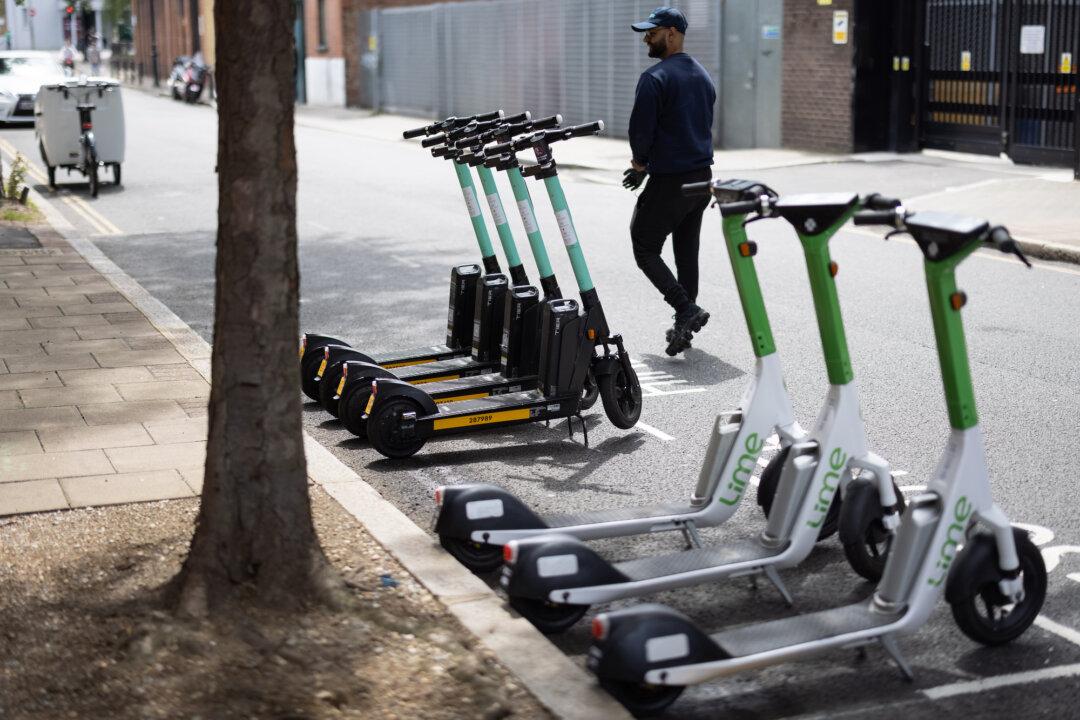Melbourne’s e-scooter trial has been extended for a third time—by another six months—to collect more data before authorities decide whether to make the vehicles permanently available for residents.
So far, the trial has been successful over the winter months, with 1 million people already signed up, 5 million trips taken, and 9 million kilometres travelled.




